The incoming US administration has been cause for concern globally. The hardline stances adopted by President Trump and his team have set off alarms across European and East Asian capitals, with one of the president’s first acts in office being the freezing of almost all American foreign aid and military assistance.
However, optimists that they are, certain commentators have said that President Trump’s unorthodox approach could prompt a U-turn on American policies in the Middle East—similar to how he initiated the complete withdrawal of forces from Afghanistan in his last tenure. A significant segment of American voters also backed Trump instead of Harris on the idea that Democratic policies were weak on punishing Israel and that Trump might place a heavier hand on Israel. These voices have been amplified further by the recent ceasefire between the state of Israel and Hamas, which was approved by the Israeli government to take effect a day before President Trump’s inauguration, likely as a gesture of goodwill towards the incoming administration.
However, when we look back at the statements made and actions taken by President Trump and his team in the past, the picture isn’t as rosy as one would hope.
President Donald J. Trump

President Trump has been pressing for a deal to end the war in Gaza for some time before the final handshake earlier this month, with his special envoy to the Middle East even being part of the negotiations in the closing stages, and many of his supporters credit him for the deal, but two things must be noted. One, that President Trump’s stance was that there will be “All Hell to Pay” in the Middle East if Hamas didn’t release Israeli hostages by the time he took office; and two, that the final deal bears striking similarities to the one proposed by President Biden and Secretary of State Antony Blinken in May of last year.
As for actions, it is noteworthy that President Trump moved the American embassy in Israel to Jerusalem from Tel Aviv, a move adored by Israeli hardliners such as Prime Minister Benjamin Netenyahu, and condemned by most other people. The recent halt in foreign aid and military assistance also has one very notable exception, Israel. The ban on sales of 2000 lbs bombs to Israel, put in place by the Biden administration as a way to prevent the use of such heavy ammunition against civilian targets, was also revoked this week.
In a recent call with King Abdullah of Jordan the White House asked the Hashemite Kingdom to take in refugees from Gaza, something the Jordanians are unwilling to do for fear that Israel will refuse to let the refugees return to their homes, which will essentially make them Jordan’s problem to deal with—Jordan also has a troubled history with Palestinian refugees, with a group even trying to launch a coup against the king in 1970.
Vice President James D. Vance

Trump’s Vice President, JD Vance, has been a vocal proponent of Israel, being a strong voice for increasing American aid to the country during his tenure in the US Senate. Al Jazeera summarised his foreign policy objectives as “America First, with an Israeli Exception,” as he opposes similar assistance to Ukraine and agrees with President Trump asking NATO and non-NATO allies to contribute more to mutual defence agreements.
On the Gaza war, Vance has been outright in his support for the operations of the Israeli Defence Forces, saying that:
“You can’t eliminate Hamas’s ideology, but you can eliminate their commanders and military units, and I believe Israel should be empowered to do so.”
Vance has, however, stopped short of involving the United States directly in a Middle Eastern conflict and has instead suggested that Israel and the Gulf States should cooperate on regional security and in containing the threat posed by Iran. He is notably opposed to direct American intervention, as has been practiced by past administrations.
Secretary of State Marco A. Rubio

Donald Trump’s top diplomat, Marco Rubio, has wasted no time in reaching out to the Israeli government, making calls to the Israeli Prime Minister and Foreign Minister two days after taking the oath of office. Much like the Vice President, Rubio was also a staunch Israel ally on the Senate floor, notably speaking out against attempts to reach a ceasefire in Gaza. Speaking to a reporter, he said:
“I want [Israel] to destroy every element of Hamas they can get their hands on. These people are vicious animals who did horrifying crimes.”
Being a foreign policy hawk, Mr. Rubio has pointed to China and Iran as America’s greatest threats on the world stage. He is not opposed to harsh, even direct action to counter said threats. He is also opposed to US sanctions placed on Israeli settlers in the West Bank and has said that he plans to remove the sanctions soon.
Elise M. Stefanik, Ambassador to the UN

The next US ambassador to the United Nations was asked in her confirmation whether she subscribed to the view that the West Bank belonged to Israel by ‘biblical right.’ A stance taken by ultra-conservative members of the Israeli government, such as Ministers Bezalel Smotrich and Itamar Ben-Gvir—two of the strongest opponents of the Gaza Ceasefire. She replied with an enthusiastic yes.
In the same hearing, she sidestepped questions on whether or not Palestinians have a right to self-determination, and when asked whether Israeli and Palestinian human rights must be secured for lasting peace in the Middle East, she replied as follows:
“I think it’s a disgrace that Hamas and Hezbollah have stripped human rights from the Palestinian people. And we need to ensure that we are standing up for human rights, and Israel is standing up for human rights. It is a beacon of human rights in the region.”
It is abundantly clear that the incoming US administration will be different from those of the past in its treatment of Israel. The difference, however, might just be that this administration is far more explicit and brazen in its support, with Israel holding a blank check to do what it sees fit in its volatile neighborhood.




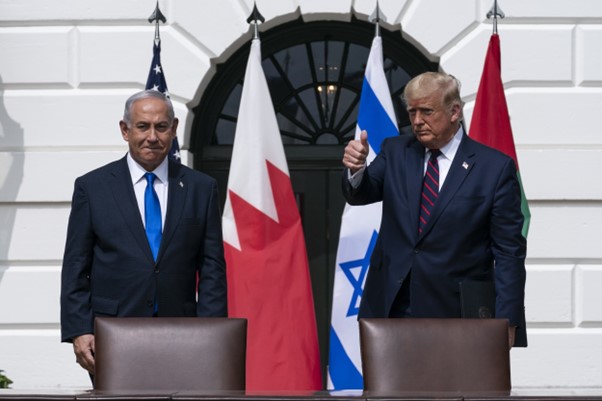



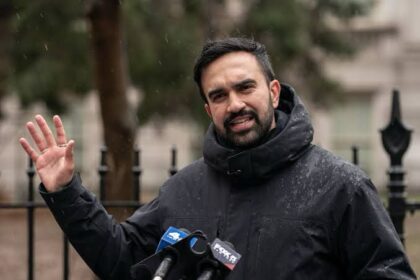
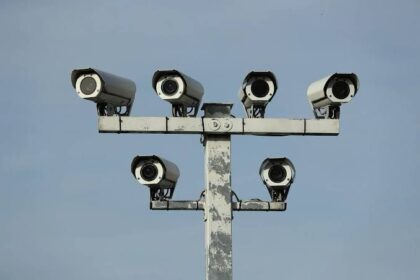
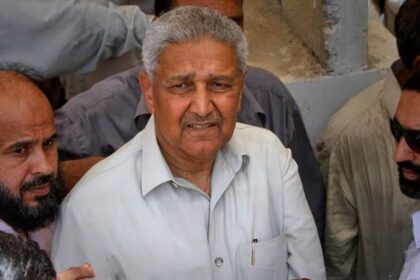
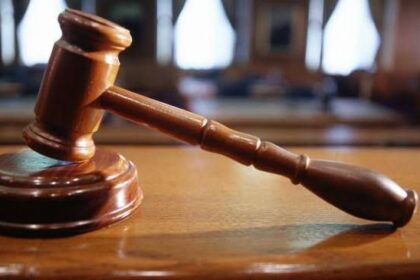

This is an awesome piece, the detail is nice to see because I don’t think a lot of people actually know about Trump’s administration’s members other than Trump himself.